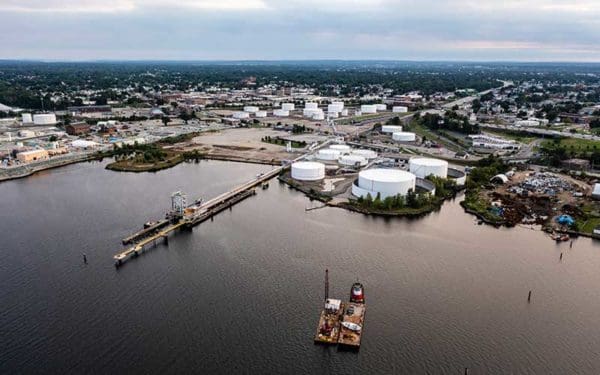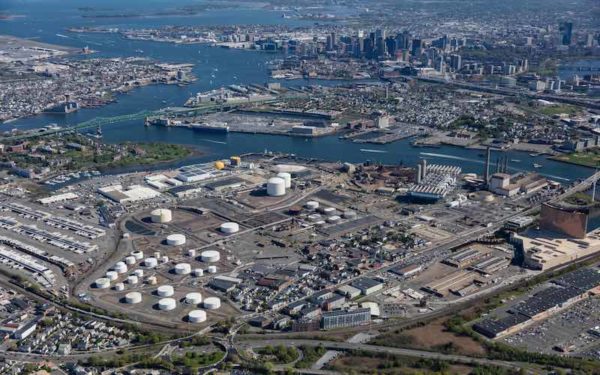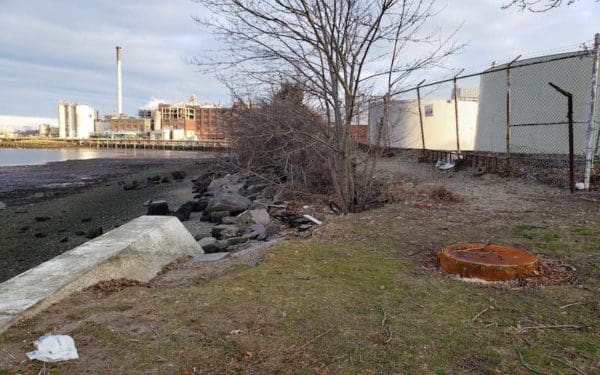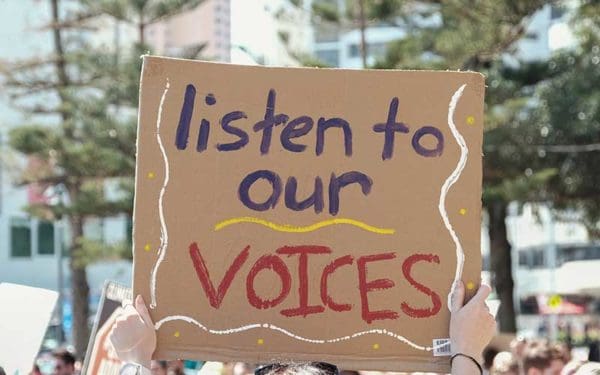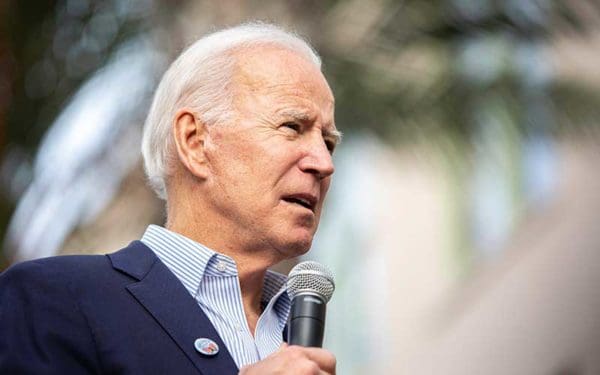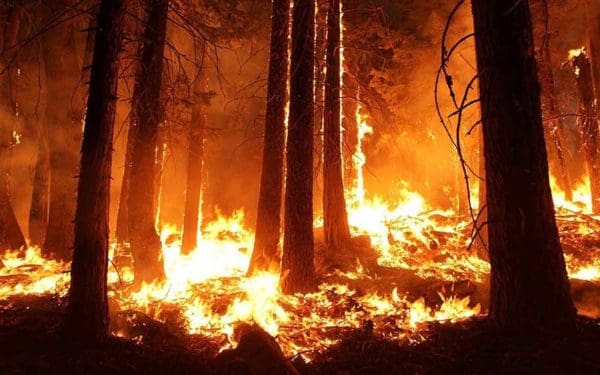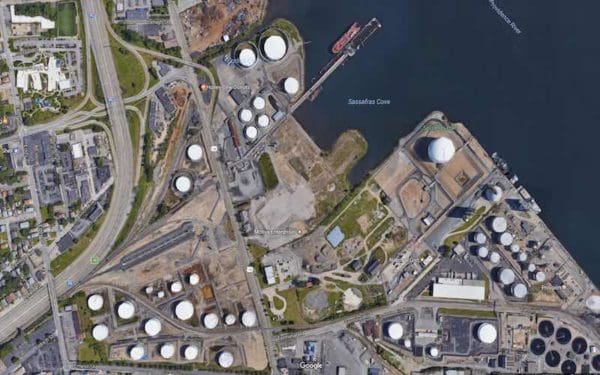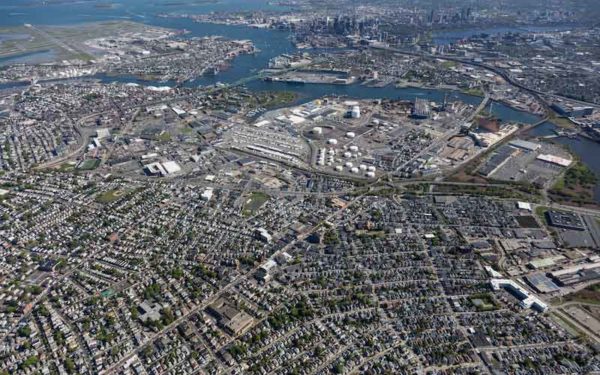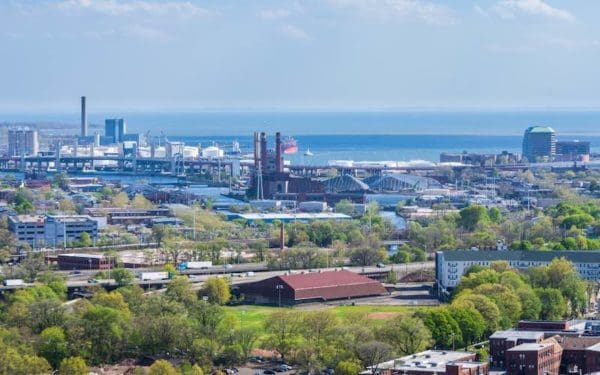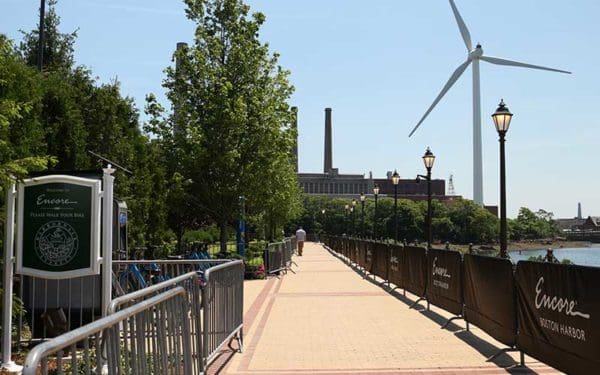Nov 05, 2021
Perched on the edge of the Providence River, Shell Oil’s storage facility is a disaster waiting to happen. Built on filled land at sea level, the facility sits directly in harm’s way as climate change impacts worsen. Despite knowing these risks, Shell Oil has failed to prepare its facility for climate change. CLF’s Case against… Continue reading Video: Why We’re Holding Shell Oil Accountable for Its Climate Change Impacts
Jul 01, 2021
The 1st Circuit Court of Appeals lifted a stay on CLF’s lawsuit against ExxonMobil for its failure to prepare its Everett coastal facilities for the impacts of climate change, clearing the way for the case to head to trial. The suit alleges that ongoing spills at ExxonMobil’s Everett Terminal and the company’s failure to address… Continue reading Court Clears Way for CLF’s Lawsuit Against Exxon to Go to Trial
May 20, 2021
“Sprague’s Quincy terminal is an accident waiting to happen,” said CLF President Bradley Campbell. “The company has allowed the terminal’s protective berms to deteriorate to the point of failure, putting the community at risk of being flooded with a spill of toxic chemicals. It’s also a clear sign that Sprague is failing its legal obligation to prepare the site for the climate crisis. This facility is an imminent threat to homes, public health, and nearby waters, and it’s time the company cleans up its act.”
Nov 17, 2020
I grew up in communities that needed environmental justice the most. I also lived in neighborhoods that already had the resources and ability to make change. Still, I didn’t understand the difference or know what the environmental world called the movement until later in life. I could only connect the dots when I had more access to education and a framework for understanding the issue.
Nov 07, 2020
The presidential election result is a welcome relief – especially amid the ongoing stresses of an unrelenting pandemic, hobbling economic hardship, and an overdue racial reckoning. We all deserve to take a moment and celebrate that. But even as we see the core values of our democracy vindicated after relentless voter suppression efforts, now is not the time to grow complacent.
Oct 30, 2020
These days, the scariest monster I can conjure wears a tailored suit and sits behind the desk of a dirty oil or gas company deliberately blocking climate action. Runner up is another man in a suit – a legislator too scared to stand up to that fossil fuel executive and protect the people who voted him into office.
Sep 28, 2020
“Today’s decision means we will have our day in court on unlawful Shell decisions that left Providence families and all of Narragansett Bay at imminent risk of catastrophic oil and toxic chemical spills,” said CLF President Bradley Campbell. “The company has for years deceived regulators and the public about the global and local risks of the climate crisis. CLF will now have the opportunity to hold Shell accountable for years of neglect and outright deceit at the expense of this public safety.”
Sep 10, 2020
The impacts of Hurricanes Harvey and Laura on oil and chemical facilities in Texas and Louisiana were foreseeable. Yet, Big Oil giants like ExxonMobil and Shell have left their facilities there vulnerable – and now the surrounding communities are paying a terrible, long-term price. It is difficult to grapple with such a massive corporate failure. We can’t risk the same happening here in New England.
Jul 29, 2020
“Big oil has known about the risks of the climate crisis for decades, and their silence and inaction speak volumes,” said Brad Campbell, President of CLF. “The communities surrounding these terminals are constantly at risk of being inundated with a stew of oil and toxic materials. It’s long past time for these companies to step up and prepare their facilities for flooding and extreme weather. The courts must hold them accountable under current law to avoid catastrophe.”
Jul 09, 2020
Communities of color and those with low incomes not only deserve to enjoy waterfront open spaces for recreation and exercise – it’s also their right by law. And yet, through neglect and outright refusal by corporate interests, too many do not have the chance to run, walk, or even stretch near the water. We can and must do better.
